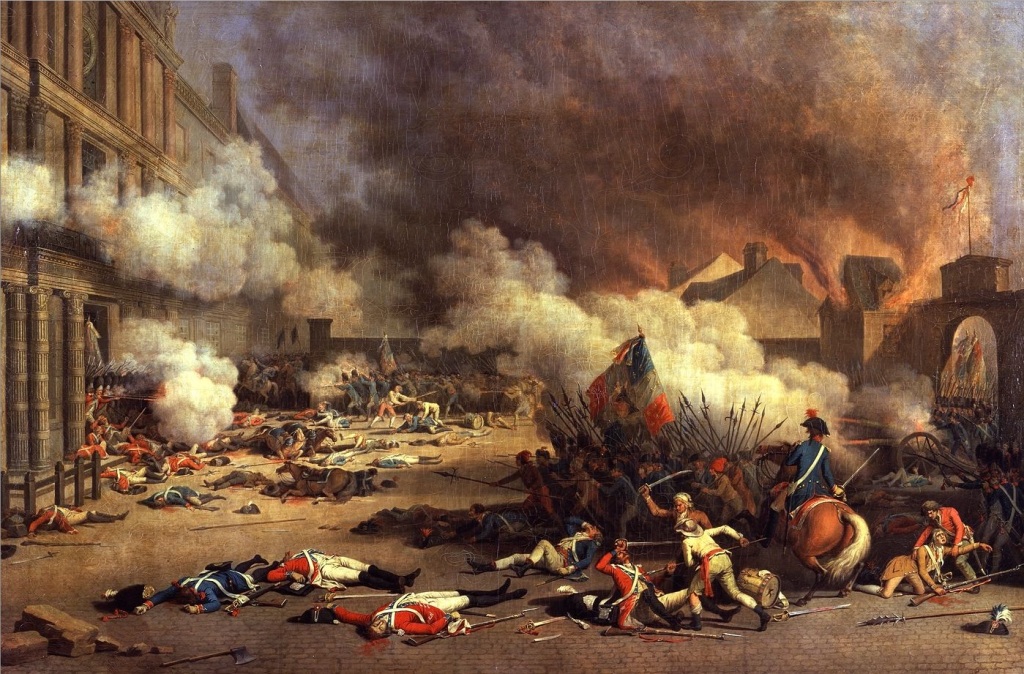
In the penultimate chapter of his book The Enlightenment, Ritchie Robertson turns to the subject of revolutions, specifically the American and French revolutions. Robertson writes that these revolutions “might be seen as the climax of this book. Both, after all, famously invoked the ideal of human happiness.” [p. 706]
Continue reading



